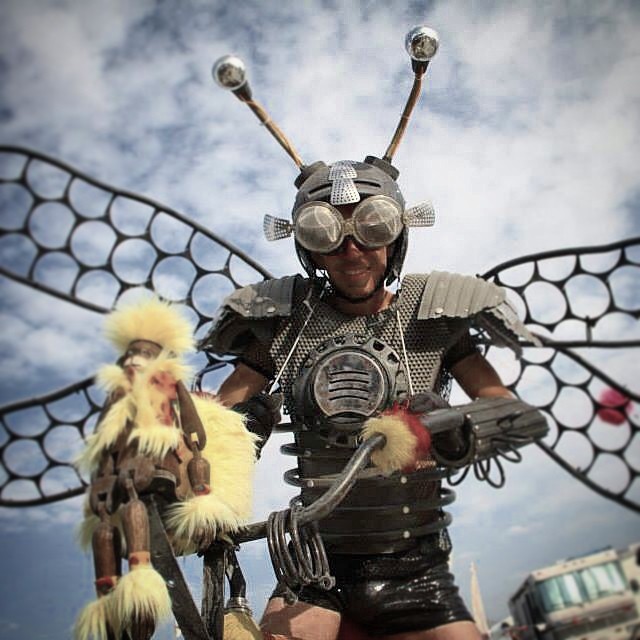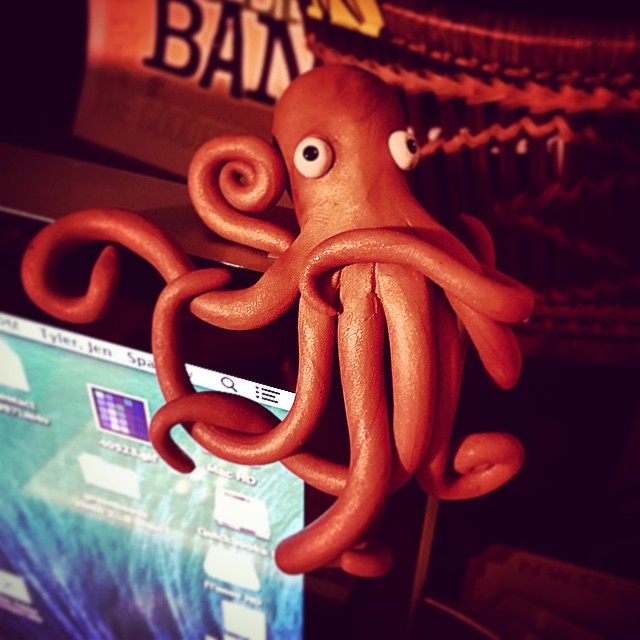International Deadline: Ongoing – The Belkin Gallery has an international reputation for its innovative work in the field of contemporary art and houses one of the largest public collections of art in British Columbia…
“We are at a historic crossroads — a social, environmental and economic reckoning hastened by COVID-19 and a global movement for racial equity. As arts and culture funders, we’ve seen how the landscape is shifting,” said co-authors Rocío Aranda-Alvarado and Lane Harwell. “Artists and storytellers are regrounding and reimagining themselves, reshaping arts infrastructure and systems that have never been equitable or sustainable, and working to realize the narrative possibilities to come.”
“Here are six trends we see that are shaping the future of the arts, and how funders can support and respond to them:
New voices in arts advocacy are rejecting the status quo
Technology is becoming integral to the future of the arts
The sector is building knowledge and strengthening commitments to disability arts
Artists and arts organizations are creating new funding models
Creatives are driving civic engagement and movement work
Artists are re-thinking the work of museums
“These trends — developed in a time of extreme change — reaffirm our belief in the power and promise of artists to help us process world events, imagine ways forward, and take meaningful action.”
From the Mellon Foundation, “How can the arts unify racially divided communities? Finding answers to that question was central to the founding mission of Asian Arts Initiative (AAI), a multidisciplinary arts center in Philadelphia that supports Asian American creatives and cultivates meaningful ways for them to connect with local communities through gallery exhibitions, performances, workshops, and other programming with a social purpose.”
“Like every other culturally specific, place-based arts organization, AAI is trying to learn from all that has happened. We’ve never fit into the typical curatorial model of having years to plan programming, but we’re realizing that maybe we don’t have to. As a smaller organization, we can get closer to the work faster,” said Asian Arts Initiative director Anne Ishii. “Big museums have lost time and postponed exhibitions. They’ve also had to figure out how to do social justice work that is so critical now. We lost some time too, but because what we do is already at the intersection of social justice, equity, and art, anyone we work with has a story that’s relevant to the moment.”
International Deadline: August 31, 2022 – This Limner Gallery exhibition will include all interpretations and portrayals of the human head, from the traditional to the abstract and conceptual. Multiple venues. Awards…
International Deadline: August 31, 2022 – The Midwest Sculpture Initiative is proud to be organizing six outdoor sculpture exhibits for the 2022-23 Fall Series. All exhibits feature the many benefits, including stipends…
It isn’t easy to be a theatre company in this day and age. Not only is it a constant struggle to compete for the attention devoted to filmed media and fight to assert the relevancy of the form to outside eyes, but the pandemic hit the performing arts incredibly hard. These are just a few of the aspects that make the longevity of Caravan Stage Company—the uniquely seaworthy theatre company—such a feat and make the announcement of their final production so momentous.
The Caravan Stage Company has been creating theatre for over half a century, from its home in British Columbia to southern California to the waterways of Europe. Founded by partners Adriana “Nans” Kelder and Paul Kirby in 1970, Caravan began within the confines of its namesake, Kelder and Kirby bringing theatre to audiences via horse-drawn carriage. The novel concept for touring theatre grew to unparalleled heights in the 90s when the company set sail with their legendary tall ship, the Amara Zee, and began their journey of carrying theatre across all but one of the Seven Seas.
Two years ago saw a refurbishing of the Amara Zee back in their home of BC in advance of opening their current show Virtual Rogues. The company’s endeavours were met with many of the delays that have plagued arts institutions across the pandemic, but this year will see the company bidding adieu to their current iteration with this final production. Kelder and Kirby will be heading to the south of France after they close to start a new venture of shadow puppet plays on a smaller nautical vessel; currently, the future of the Amara Zee is up in the air.
Caravan has certainly brought out all of the stops for their final production: Virtual Rogues is an exploration of the end of humanity—the final living creatures being the titular “virtual rogues” held aboard the Amara Zee—and revolving around the sacrifice of one of the last living organisms to a massive A.I. named Zeus. Combining digital projection work across the sails, cirque performance along the rigging, and large-scale puppetry, it sounds like nothing short of a spectacle. A fitting last hurrah for this iconic theatre space and a poignant discussion to see in such an anachronistic setting.
Certainly, there is nothing quite like the Caravan Stage Company and the Amara Zee. Not only is their persistence across the decades an inspiration to any and all theatre troupes, but the sheer vision devoted to their practice is staggering. And while Kelder and Kirby clearly still have more stories to tell in their new ventures, here’s hoping that this won’t be last story for the Amara Zee.




